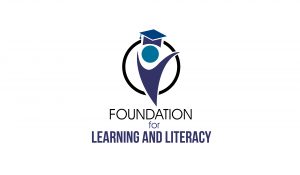WHO RATES AS A LITERACY EXPERT?
An expert in literacy education needs to satisfy most of the points listed below.
A literacy expert needs to have had substantial classroom teaching experience
This teaching experience should be with children who are
learning to read and write. It is not enough to have experience in a
different discipline (such as speech therapy, psychology, linguistics).
A literacy expert needs to have recognised graduate qualifications in teacher education
These qualifications must include units on teaching young children to read
and write.
A literacy expert needs to have extensive experience working with teachers
Such experience should include teaching teachers at pre-service level and/or experience with and advising practising teachers about how to teach groups or classes of children to read and write, especially through modelling the teaching of reading and writing.
A literacy expert needs to have a national if not international reputation as a scholar of literacy learning
Reputations may be based on contributions to the theory and practice of teaching, learning and literacy, preferably not in just one narrow area of learning.
It may mean a reputation based on any of the following:
- the publication of books and/or publication of articles in the most highly rated national and international journals concerned with literacy teaching
- development of major in-service teacher-education programs in learning and literacy
- relevant awards and honours such as the Reading/Literacy Hall of Fame, Teacher of the Year, Primary School Principal of the Year, and awards bestowed by state or national literacy associations
- service on the boards and committees of professional associations such as AATE (Australian Association of Teachers of English), VATE (Victorian Association of Teachers of English), ALEA (Australian Literacy Educators Association), ACTA (Australian Council of TESOL Associations) or PETAA (Primary English Teachers Association of Australia) or presentations to these bodies
A literacy expert needs to demonstrate a commitment to accuracy, and fairness in challenging differing opinions, as well as declaring any conflict of interest
- Opinions need to be supported by verifiable evidence
- Differing opinions need to be described fairly and accurately
- Any involvement with relevant commercial literacy tests and teaching materials needs to be declared
